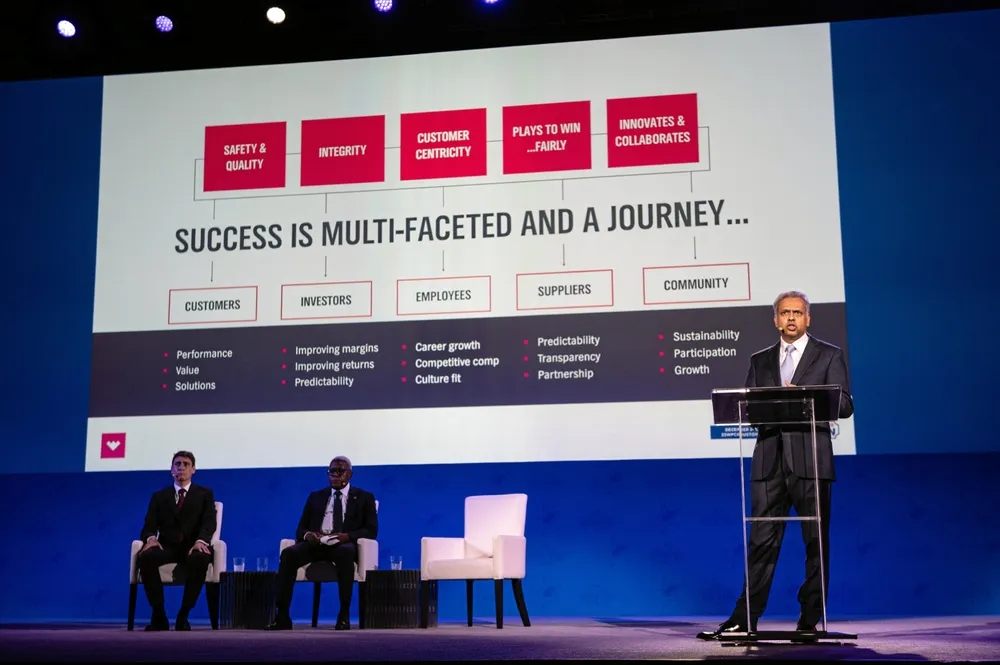Energy leaders call for wider view of transition
The success of an energy business is defined by a community of stakeholders, say energy chief executives at the 23rd World Petroleum Congress

The success of an energy business is defined by a community of stakeholders, say energy chief executives at the 23rd World Petroleum Congress
